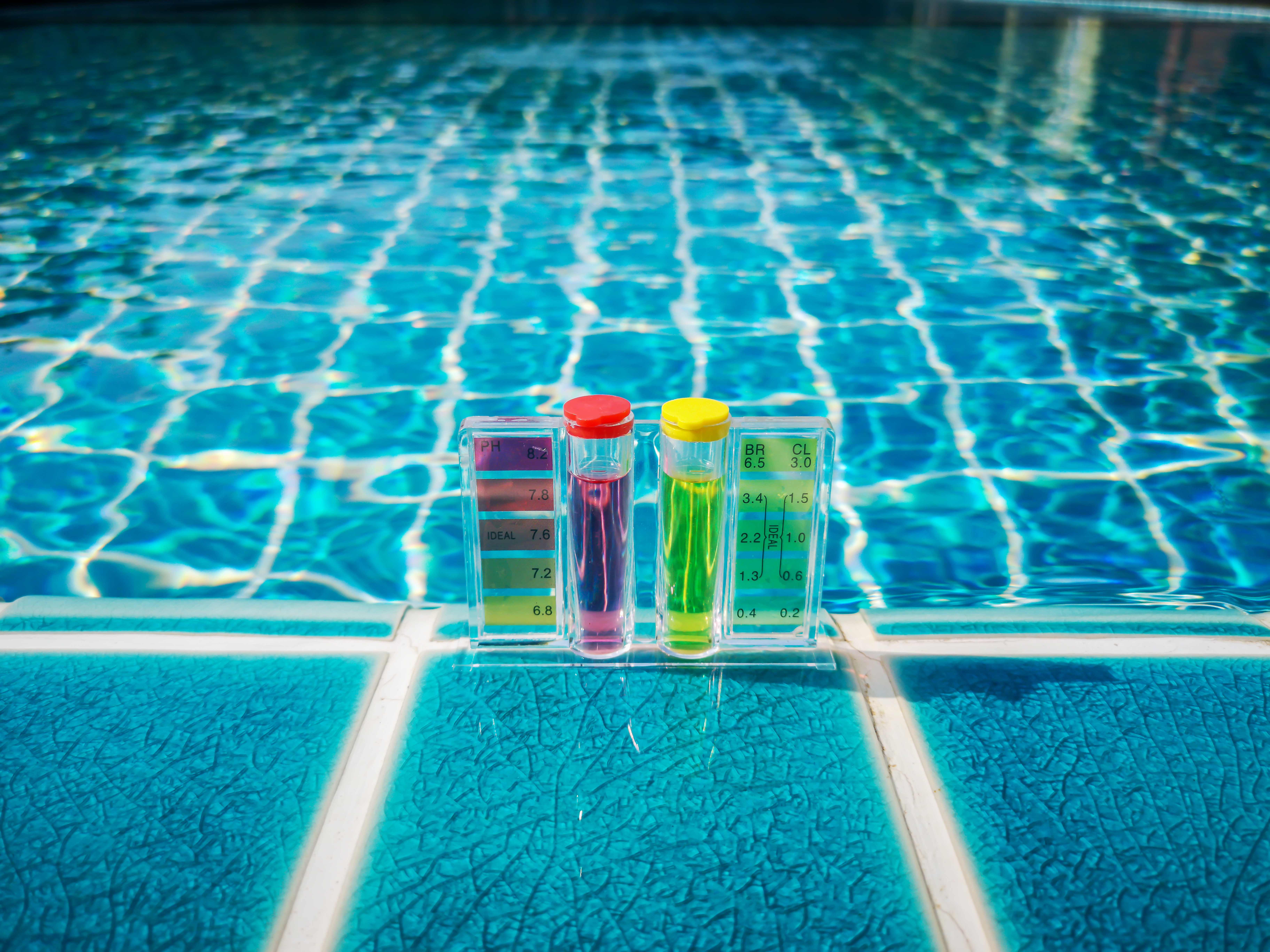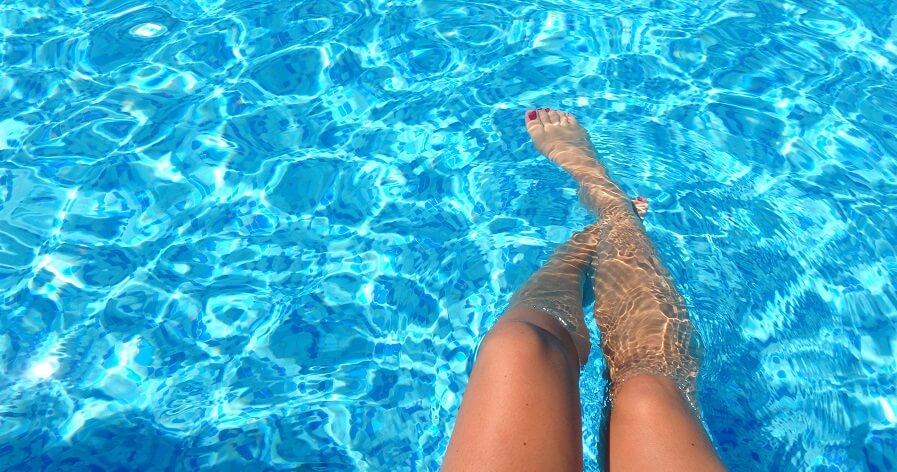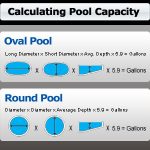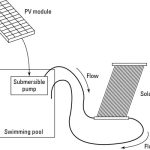Having a swimming pool is a great way to enjoy the outdoors and stay active. But to ensure that your pool remains clean and safe for swimming, it’s essential to regularly balance the water chemistry. Properly balanced pool water not only looks clear and inviting but also helps prevent the growth of algae and bacteria. In this blog post, we will discuss the importance of balancing swimming pool water and provide you with some useful tips on how to achieve and maintain the right chemical levels in your pool.
Why is Balancing Swimming Pool Water Important?
Ensuring that your swimming pool water is properly balanced is crucial for several reasons. First and foremost, balanced water is essential for the health and safety of swimmers. Water that is not properly balanced can cause skin and eye irritation, and in some cases, even lead to more serious health issues.
Additionally, balanced pool water helps protect your pool equipment and surfaces. Water that is too acidic or alkaline can damage your pool liner, pump, and other components, leading to costly repairs or replacements.
Furthermore, properly balanced pool water is also essential for effective sanitation. If the chemical levels in your pool water are not balanced, the chlorine will not be as effective at killing bacteria and other contaminants, leaving your pool water vulnerable to algae growth and other issues.
What Are the Key Factors to Consider When Balancing Pool Water?
There are several key factors that you need to consider when balancing your swimming pool water. These include:
- pH Level: The pH level of your pool water indicates how acidic or alkaline it is. The ideal pH range for pool water is between 7.2 and 7.6. Maintaining the proper pH level is crucial for swimmer comfort and the effectiveness of sanitizers.
- Chlorine Level: Chlorine is a vital chemical for keeping your pool water clean and safe. The recommended chlorine level for swimming pools is between 1.0 and 3.0 parts per million (ppm).
- Total Alkalinity: Total alkalinity helps buffer pH levels and prevent rapid changes in acidity or alkalinity. The ideal range for total alkalinity is 80-120 ppm.
- Calcium Hardness: Calcium hardness refers to the amount of dissolved calcium in your pool water. The recommended range for calcium hardness is 200-400 ppm.

Credit: www.frogproducts.com

Credit: www.armandhammer.com
How to Balance Swimming Pool Water
Now that you understand the importance of balancing swimming pool water and the key factors to consider, let’s discuss how you can achieve and maintain the right chemical levels in your pool:
1. Test Your Water Regularly:
Regularly testing your pool water is essential for maintaining balanced water chemistry. You can use a pool water test kit or test strips to check the pH, chlorine, alkalinity, and calcium levels in your pool.
2. Adjust Ph Levels:
If the pH level of your pool water is too high or too low, you will need to adjust it to bring it into the ideal range. To raise the pH level, you can add soda ash, while to lower the pH level, you can add muriatic acid or sodium bisulfate.
3. Maintain Chlorine Levels:
To maintain the proper chlorine level in your pool, you can use chlorine tablets, liquid chlorine, or chlorine granules. Be sure to follow the manufacturer’s instructions when adding chlorine to your pool.
4. Adjust Total Alkalinity:
If the total alkalinity of your pool water is outside the recommended range, you can adjust it by adding an alkalinity increaser or decreaser, depending on whether you need to raise or lower the alkalinity level.
5. Monitor Calcium Hardness:
If the calcium hardness level in your pool water is too high or too low, you can adjust it by adding a calcium hardness increaser or decreaser, respectively. Maintaining the proper calcium hardness level helps prevent scale formation and corrosion.
6. Shock Your Pool:
Regularly shocking your pool helps eliminate contaminants and organic matter that can reduce the effectiveness of chlorine. Shocking your pool every 1-2 weeks, or after heavy pool use or a rainstorm, can help maintain clear and sanitary pool water.
Conclusion
Ensuring that your swimming pool water is properly balanced is essential for the health and safety of swimmers, the longevity of your pool equipment, and the effectiveness of your pool’s sanitation system. By regularly testing your pool water and adjusting the pH, chlorine, alkalinity, and calcium levels as needed, you can maintain clear, clean, and safe pool water for you and your family to enjoy.
Remember, maintaining balanced pool water requires regular attention and care, but the rewards of a sparkling clean and inviting pool make it all worthwhile. So, follow the tips outlined in this blog post and enjoy a summer of fun in your perfectly balanced swimming pool!




